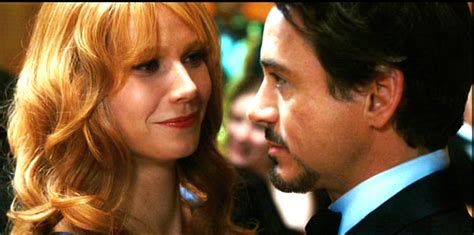|
home | what's new | other sites | contact | about |
|||
|
Word Gems exploring self-realization, sacred personhood, and full humanity
Jiddu Krishnamurti
Public Talk 2, Bombay - 10 Feb 1957 excerpts Religion is the experiencing of that which lies beyond the measure of the mind; but to experience that state, to realize the immensity of it, one really has to understand the process of one's own thinking. Most of us are indifferent to the impressions, to the pressures, to the vitality of existence; we are easily satisfied, and some of us dare not even look at the problems about us and within ourselves. Man is educated to conform to a pattern, not to doubt, not to inquire; and our problem is how to live in this world of envy, greed, conformity and the pursuit of personal ambition, and at the same time to experience that which is beyond the mind, call it God, truth, or what you will. I am not talking about the God of the temples, of the books, of the gurus, but of something far more intense, vital, immense, something which is immeasurable. Few people are concerned with themselves except in the sense of achieving success. I do not mean that kind of concern. I mean being concerned with the transformation of oneself. But first of all, most of us do not see the importance, the truth of change; and secondly, we do not know how to change, how to bring about this astonishing, explosive transformation within ourselves. Changing in mediocrity, which is to change from one pattern to another, is no change at all... Question: I have done something wrong and sinful, and it has left me with a terrible feeling of guilt. How am I to get over this feeling? K. Now, what is this sense of guilt, and when are you aware of it? Is it a form of pity? Most of us are occupied with ourselves in different ways from morning till night, and consciously or unconsciously we move along in that stream. When there is a sudden challenge, that movement of self-occupation is disturbed, and then we feel guilty, we feel that we are doing something wrong, or that we have not done something right; but that feeling is still within the stream of self-centred activity, is it not? Why should you feel guilty? If you are living intensely with your whole being, if you are fully aware of everything about you and within yourself, the unconscious as well as the conscious, where is there room for guilt? It is the man who lives in fragments, who is divided within himself, that feels guilty. One part of him is good, the other part corrupt; one part is trying to be noble, and the other is ignoble; one part is ambitious, ruthless, and the other part talks about peace, love. Such people feel guilty because they are still within the pattern of their own making. As long as there is self-centred activity, you cannot get over the feeling of guilt, it is impossible. That feeling disappears, only when you approach life totally, with your whole being, that is, when there is no self-fulfilment of any kind. Then you will find that the sense of guilt does not exist at all, because you are not thinking about yourself. There is no self-centred activity. Editor’s note: Guilt is part of the fragmented inner being: it is to see the ideal but then to fall short. When we learn to access a totality of being, the guilt automatically dissipates. [Concerning desire] With the arising of sensation you want to touch, to contact, and then comes the urge to possess. You say, "This is beautiful, I must have it", and so begins the turmoil of desire. Now, is it possible to see, to observe, to be aware of the beautiful and the ugly things of life, and not say "I must have" or "I must not have"?
Tony: (infatuated with Black Widow) “I want one.” Pepper: (speaking to him as if he were a child) “Noooo…”
|
|||
|
|

